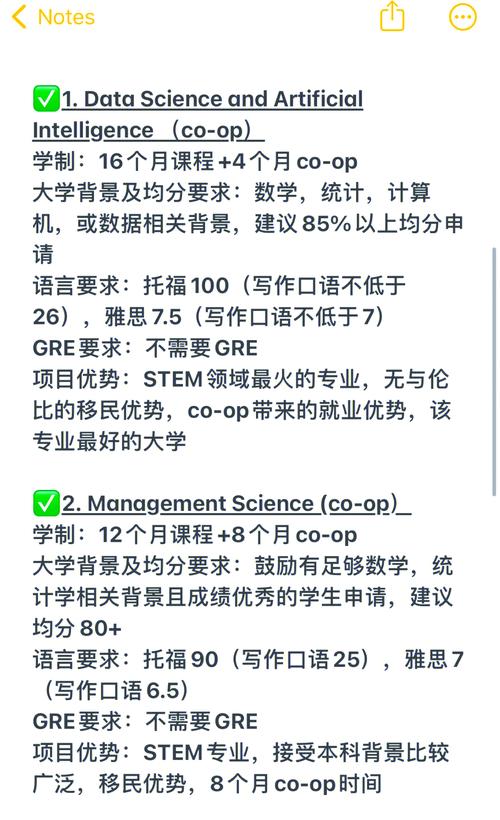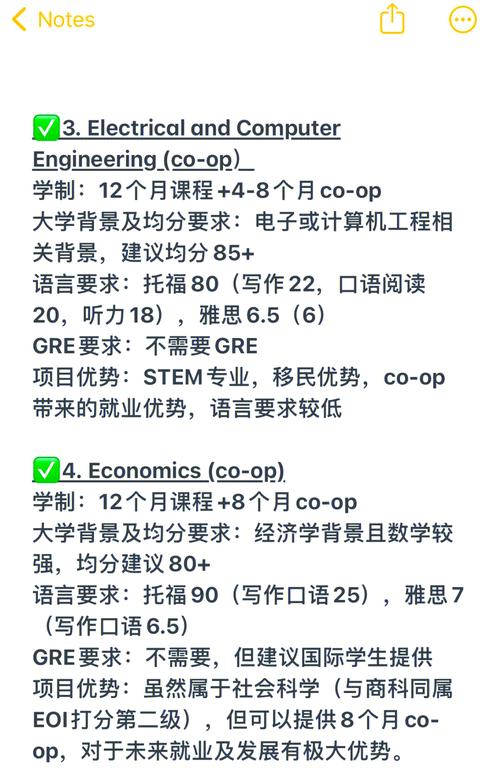
Understanding the Role of a Co-op Student: A Comprehensive Guide
Are you considering a career path that combines academic learning with real-world experience? If so, you might have come across the term “co-op student.” But what exactly does it mean to be a co-op student? In this detailed guide, we will delve into the various aspects of being a co-op student, including the benefits, the application process, and the skills you can expect to gain.
What is a Co-op Student?
A co-op student is an individual who participates in a cooperative education program, which is a structured combination of academic study and paid, practical work experience. This program is designed to provide students with the opportunity to apply their classroom knowledge in a professional setting, thereby enhancing their employability and career readiness.

Benefits of Being a Co-op Student
There are numerous benefits to being a co-op student. Here are some of the key advantages:
-
Enhanced Employability: Co-op students often have a competitive edge in the job market due to their hands-on experience and industry connections.
-
Networking Opportunities: Working alongside professionals in your field can help you build a strong network of contacts, which can be invaluable for future career opportunities.
-
Improved Academic Performance: Applying theoretical knowledge in a practical setting can lead to a deeper understanding of the subject matter and improved academic performance.

-
Financial Benefits: Co-op students typically earn a salary during their work terms, which can help offset the costs of education.
How to Become a Co-op Student
Becoming a co-op student involves several steps:
-
Research and Choose a Program: Look for co-op programs offered by your educational institution or other institutions that align with your career goals.
-
Apply for the Program: Follow the application process, which may include submitting a resume, cover letter, and academic transcripts.
-
Prepare for Interviews: Be ready to discuss your skills, experiences, and why you are a good fit for the co-op program.
-
Complete the Application Process: Once accepted, complete any additional requirements, such as background checks or health clearances.
Skills You Can Expect to Gain
As a co-op student, you can expect to develop a wide range of skills, including:
-
Technical Skills: Gain expertise in your field through hands-on experience and training.
-
Soft Skills: Develop communication, teamwork, problem-solving, and critical thinking skills.
-
Industry Knowledge: Gain a deeper understanding of the industry and its practices.
-
Professionalism: Learn how to behave in a professional environment, including dress code, communication, and time management.
Challenges of Being a Co-op Student
While there are many benefits to being a co-op student, there are also some challenges to consider:
-
Workload: Balancing academic responsibilities with a full-time job can be challenging.
-
Time Management: Effective time management is crucial to ensure you meet both academic and work commitments.
-
Financial Stress: Depending on your financial situation, the cost of living and working may be a concern.
Success Stories
Many co-op students have gone on to have successful careers. Here are a few examples:
| Name | Field of Study | Current Position |
|---|---|---|
| Emily Johnson | Computer Science | Software Developer at XYZ Corp |
| Michael Smith | Engineering | Project Manager at ABC
Related Stories |




